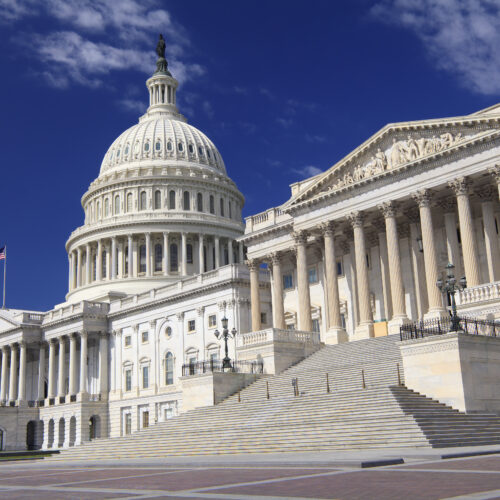Recent legislation introduced in Congress would reform federal law and change the way donor-advised funds (DAFs) are required to distribute funds.
The Accelerating Charitable Efforts Act (ACE) would modify the Internal Revenue Code of 1986, establishing a timeline for distributions from DAFs to working charities. The ACE would create two new types of DAFs:
- 15-year DAFs would allow upfront tax benefits to donors, but only if funds are distributed within 15 years of the donation
- 50-year DAFs would allow continued capital gains and estate tax benefits, but no income tax deduction until all donated funds are distributed to charity. These distributions would be required to be made within 50 years of the donation.
Under the new rules, donors could hold up to $1M in community foundations without being subject to payout rules. For amounts over $1M, the donor would still receive upfront tax benefits, but only if the DAF requires a 5% annual payout or if distributions occur within 15 years. Private foundations could not include salaries, travel expenses to donor’s family members, or DAF distributions to meet the 5% payout obligation.
Proponents of the bill estimate that while $160B is set aside in DAFs for future charitable gifts, there is currently no requirement for them to ever be distributed.
Rep. Chellie Pingree (D-Maine), who introduced the bill, says, “$1 out of every $8 donated to charities goes to DAFs, giving generous tax breaks for charitable contributions but not ensuring that the funds help anyone in need.”
The Initiative to Accelerate Charitable Giving (IACG), launched in December 2020 and led by philanthropist John Arnold and Boston College law professor Ray Madoff, says the bill is a “thoughtful and pragmatic approach toward getting more resources to our nation’s charities faster.”
Those opposed to the legislation note that DAFs typically distribute at a rate higher than the annual 5% required of private foundations.
Elizabeth McGuigan, director of policy at Philanthropy Roundtable, says that allowing people flexibility in giving spurs more generosity. “A bill that disincentivizes giving is tone-deaf at best and at worst hurts communities around the country who rely upon their fellow Americans’ generosity.”
The Council on Foundations (CoF) predicts this type of legislation would add complexity and costs for foundations and donors, adding complexity and cost for foundations and donors, making philanthropy more difficult and decelerating the expansion of charitable giving in the U.S.
Plan with support
The Office of Planned Giving is here to support you throughout your gift planning process.
- 800-835-3503
314-935-5373
